
-
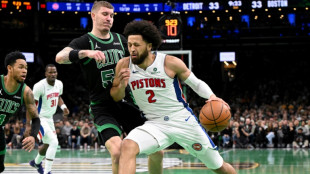 Cunningham leads Pistons past Celtics, Nuggets outlast Rockets
Cunningham leads Pistons past Celtics, Nuggets outlast Rockets
-
10-year-old girl, Holocaust survivors among Bondi Beach dead
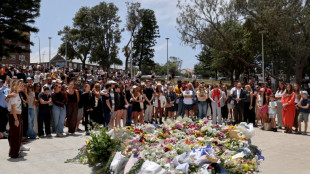
-
 Steelers edge towards NFL playoffs as Dolphins eliminated
Steelers edge towards NFL playoffs as Dolphins eliminated
-
Australian PM says 'Islamic State ideology' drove Bondi Beach gunmen
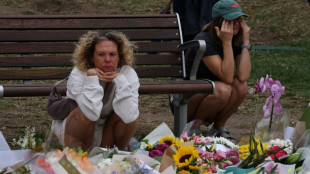
-
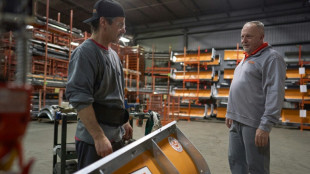 Canada plow-maker can't clear path through Trump tariffs
Canada plow-maker can't clear path through Trump tariffs
-
Bank of Japan expected to hike rates to 30-year high
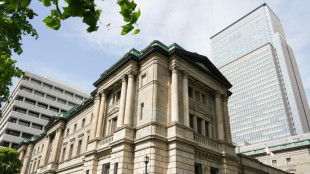
-
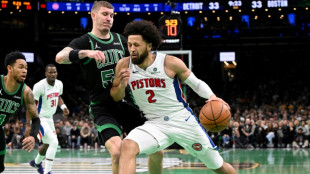 Cunningham leads Pistons past Celtics
Cunningham leads Pistons past Celtics
-
Stokes tells England to 'show a bit of dog' in must-win Adelaide Test
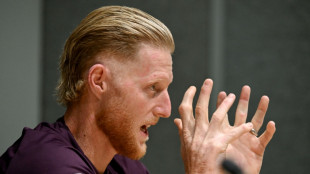
-
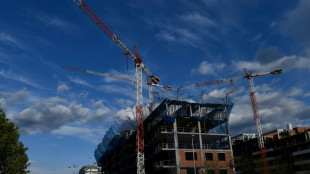 EU to unveil plan to tackle housing crisis
EU to unveil plan to tackle housing crisis
-
EU set to scrap 2035 combustion-engine ban in car industry boost
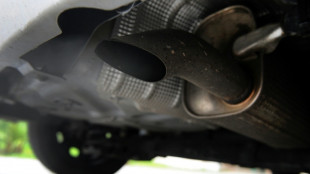
-
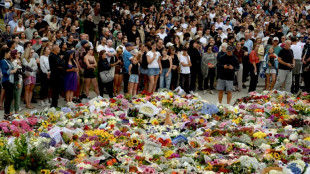 Australian PM visits Bondi Beach hero in hospital
Australian PM visits Bondi Beach hero in hospital
-
'Easiest scam in the world': Musicians sound alarm over AI impersonators

-
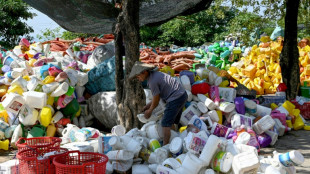 'Waiting to die': the dirty business of recycling in Vietnam
'Waiting to die': the dirty business of recycling in Vietnam
-
Asian markets retreat ahead of US jobs as tech worries weigh
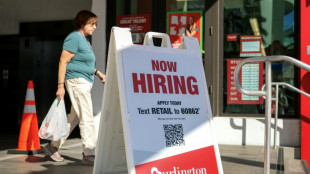
-
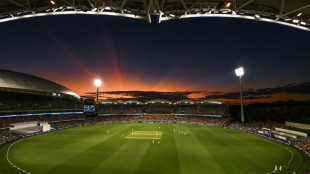 Security beefed up for Ashes Adelaide Test after Bondi shooting
Security beefed up for Ashes Adelaide Test after Bondi shooting
-
Famed Jerusalem stone still sells despite West Bank economic woes
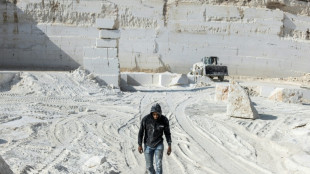
-
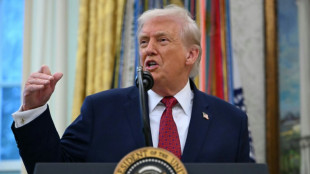 Trump sues BBC for $10 billion over documentary speech edit
Trump sues BBC for $10 billion over documentary speech edit
-
Chile follows Latin American neighbors in lurching right
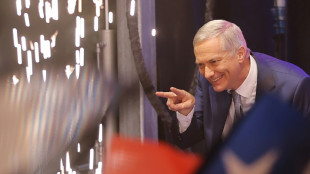
-
 Will OpenAI be the next tech giant or next Netscape?
Will OpenAI be the next tech giant or next Netscape?
-
Khawaja left out as Australia's Cummins, Lyon back for 3rd Ashes Test
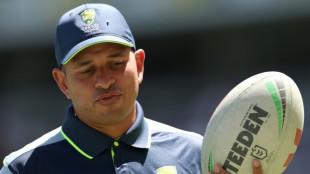
-
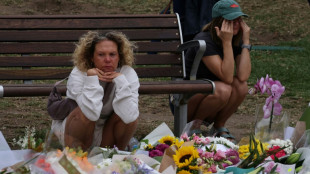 Australia PM says 'Islamic State ideology' drove Bondi Beach shooters
Australia PM says 'Islamic State ideology' drove Bondi Beach shooters
-
Scheffler wins fourth straight PGA Tour Player of the Year
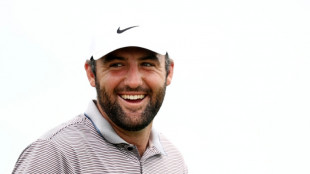
-
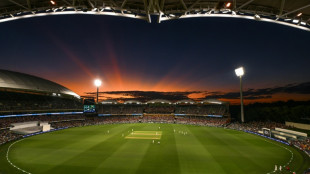 Security beefed up for Ashes Test after Bondi shooting
Security beefed up for Ashes Test after Bondi shooting
-
Wembanyama blocking Knicks path in NBA Cup final
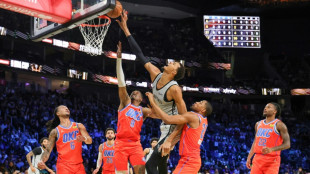
-
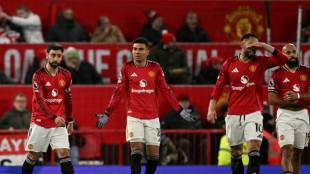 Amorim seeks clinical Man Utd after 'crazy' Bournemouth clash
Amorim seeks clinical Man Utd after 'crazy' Bournemouth clash
-
Man Utd blow lead three times in 4-4 Bournemouth thriller
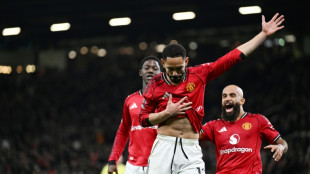
-
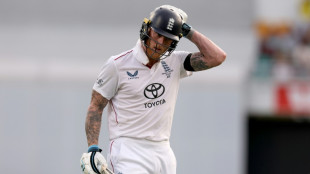 Stokes calls on England to 'show a bit of dog' in must-win Adelaide Test
Stokes calls on England to 'show a bit of dog' in must-win Adelaide Test
-
Trump 'considering' push to reclassify marijuana as less dangerous
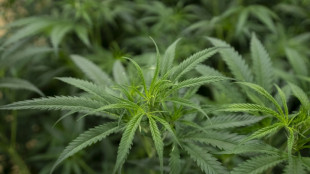
-
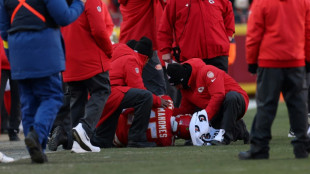 Chiefs coach Reid backing Mahomes recovery after knee injury
Chiefs coach Reid backing Mahomes recovery after knee injury
-
Trump says Ukraine deal close, Europe proposes peace force
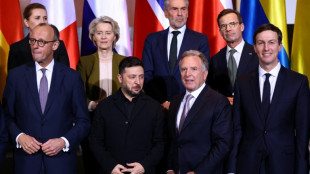
-
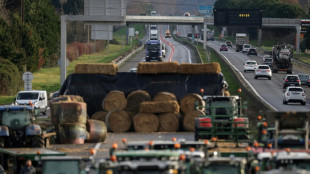 French minister urges angry farmers to trust cow culls, vaccines
French minister urges angry farmers to trust cow culls, vaccines
-
Angelina Jolie reveals mastectomy scars in Time France magazine

-
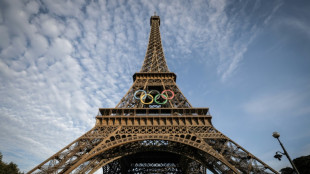 Paris Olympics, Paralympics 'net cost' drops to 2.8bn euros: think tank
Paris Olympics, Paralympics 'net cost' drops to 2.8bn euros: think tank
-
Chile president-elect dials down right-wing rhetoric, vows unity
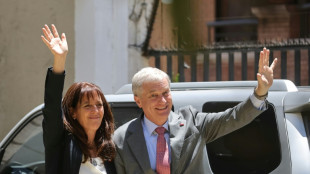
-
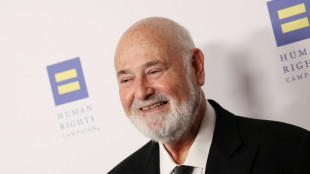 Five Rob Reiner films that rocked, romanced and riveted
Five Rob Reiner films that rocked, romanced and riveted
-
Rob Reiner: Hollywood giant and political activist

-
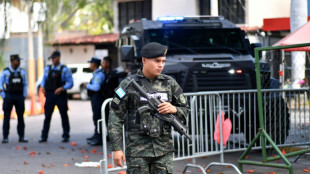 Observers say Honduran election fair, but urge faster count
Observers say Honduran election fair, but urge faster count
-
Europe proposes Ukraine peace force as Zelensky hails 'real progress' with US
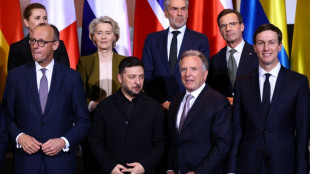
-
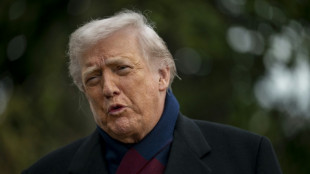 Trump condemned for saying critical filmmaker brought on own murder
Trump condemned for saying critical filmmaker brought on own murder
-
US military to use Trinidad airports, on Venezuela's doorstep
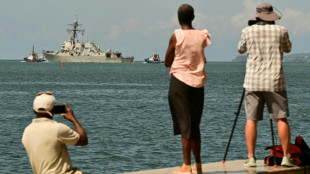
-
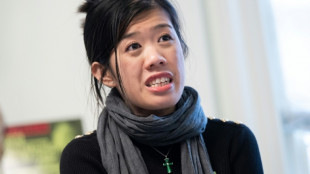 Daughter warns China not to make Jimmy Lai a 'martyr'
Daughter warns China not to make Jimmy Lai a 'martyr'
-
UK defence chief says 'whole nation' must meet global threats
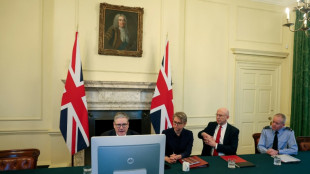
-
 Rob Reiner's death: what we know
Rob Reiner's death: what we know
-
Zelensky hails 'real progress' in Berlin talks with Trump envoys

-
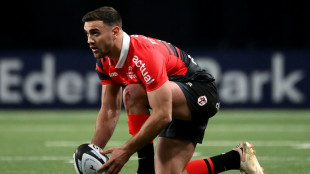 Toulouse handed two-point deduction for salary cap breach
Toulouse handed two-point deduction for salary cap breach
-
Son arrested for murder of movie director Rob Reiner and wife

-
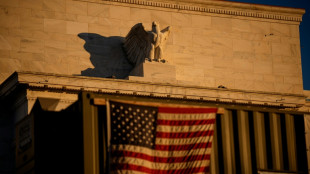 Stock market optimism returns after tech selloff but Wall Street wobbles
Stock market optimism returns after tech selloff but Wall Street wobbles
-
Clarke warns Scotland fans over sky-high World Cup prices

-
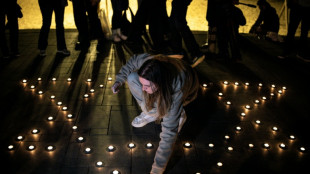 In Israel, Sydney attack casts shadow over Hanukkah
In Israel, Sydney attack casts shadow over Hanukkah
-
Son arrested after Rob Reiner and wife found dead: US media


The armed groups clashing with Hamas in Gaza
Shortly after a ceasefire took effect in Gaza, clashes erupted between armed groups, some backed by Israel and others loyal to Hamas, as the Islamist movement sought to reassert control over the devastated territory.
Some of these groups are criminal gangs, others consist of members of historically influential Gaza families, and some combine both elements, experts told AFP.
As Gaza's post-war governance remains uncertain, Hamas has redeployed its armed wing, the Ezzedine al-Qassam Brigades, along with two auxiliary units -- the Sahm and Radea forces — to areas vacated by Israeli troops.
- Gangs -
Several armed gangs in Gaza are reportedly acting under Israeli protection, and allegedly loot aid convoys entering the territory, where shortages remain dire after Israel's wartime blockade.
The most notorious is the Popular Force, led by Yasser Abu Shabab, who has openly called for Hamas's overthrow and is said to operate under Israeli protection.
His hundreds-strong group is based in southern Rafah, near Kerem Shalom, Gaza's main Israeli-controlled aid crossing.
According to Nasser Khdour, a Palestinian researcher with the conflict-monitoring organisation ACLED, at least three other similar groups have emerged.
One is led by Rami Heles in eastern Gaza City, another by Ashraf al-Mansi in the north, and a third by Hossam al-Astal in Khan Yunis in the south, he said.
- Little legitimacy -
"These four groups seem to operate mainly in areas still under Israeli control," Khdour said, referring to areas beyond the so-called "yellow line," the boundary behind which Israeli troops are stationed under the ceasefire agreement with Hamas.
These gangs "are considered looters," Tahani Mustafa, a researcher with the European Council on Foreign Relations (ECFR), told AFP. Hamas accuses them of being collaborators with Israel.
Both she and Khdour agree that the groups are too weak to threaten Hamas's dominance, serving more as a nuisance than as serious rivals.
"Hamas is still the most capable and the strongest armed group in Gaza," Khdour said.
Because these gangs are self-serving and lack political affiliation, they hold little legitimacy among Gazans.
"Legitimacy for Palestinians comes from the resistance (to Israel) and also from like traditional parties like Fatah, Hamas, Palestinian Islamic Jihad, or (the Popular Front for the Liberation of Palestine)," said Khdour.
Hamas's political control, military organisation, and ideological legitimacy still outweigh those of the gangs or clans, none of which, analysts say, have the strength or support to challenge it.
- Clashes With Hamas -
Hamas labels most armed groups not linked to any Palestinian faction as "outlaws" and accuses them of endangering the fragile truce with Israel.
In a recent operation, Hamas's Radea ("Deterrence") Force raided Abu Shabab's stronghold in Rafah, according to a source close to the force, who said the fighters stayed on their side of the yellow line.
Two Israeli soldiers were killed in the same area around the time of the raid, prompting Israel to accuse Hamas of violating the ceasefire.
It swiftly responded with air strikes that killed dozens of Palestinians across Gaza, according to the territory's health ministry, before reaffirming the truce.
The Deterrence unit later claimed responsibility for another operation in Rafah on Tuesday, announcing the arrest of "hundreds of outlaws" linked to Abu Shabab's and Heles's factions.
More than 300 weapons were seized, including "advanced arms obtained from the Israeli army," according to a source close to Radea.
- Different Hamas forces -
ACLED had recorded 15 violent incidents involving the Deterrence Force since June 2025, Khdour said.
In contrast, the Sahm ("Arrow") Force, created in 2024, has been involved in about 130 incidents that have left 160 Palestinians dead.
Khdour said Sahm primarily targets looters, whether individuals or organised groups, and is notorious for its harsh punishments, including summary executions.
"In the majority of the cases, they shoot or break the legs of the looters or those collaborating (with Israel) or beat them with iron batons," he said.
Only 27 percent of Sahm's actions targeted gangs or clans, he said, the rest involved civilians accused of looting or collaborating with Israeli forces.
- Families and Clans -
Other armed actors include members of long-established Gaza families and Bedouin clans, some with ties to Sinai.
According to Muhammad Shehada, another ECFR researcher, these clans possess hundreds of fighters and large stockpiles of weapons, having engaged in smuggling and criminal activities throughout the war.
Hamas forces recently stormed a stronghold belonging to some members of the Doghmush family in Gaza City's Sabra neighbourhood.
The operation saw dozens of members arrested and eight publicly executed in a Gaza City street, in footage that quickly went viral.
Unlike the gangs, many family-based groups are said to have accepted Hamas amnesty deals in exchange for surrendering their arms.
Early in the war, Israel had proposed that clan leaders form a governing council to replace Hamas in Gaza.
But the families rejected the idea, saying they lacked legitimacy and capability.
"Not only could they not, but they did not want to," Mustafa summarised.
az-crb-lba-jd/dc/jw
A.Rodriguezv--AMWN